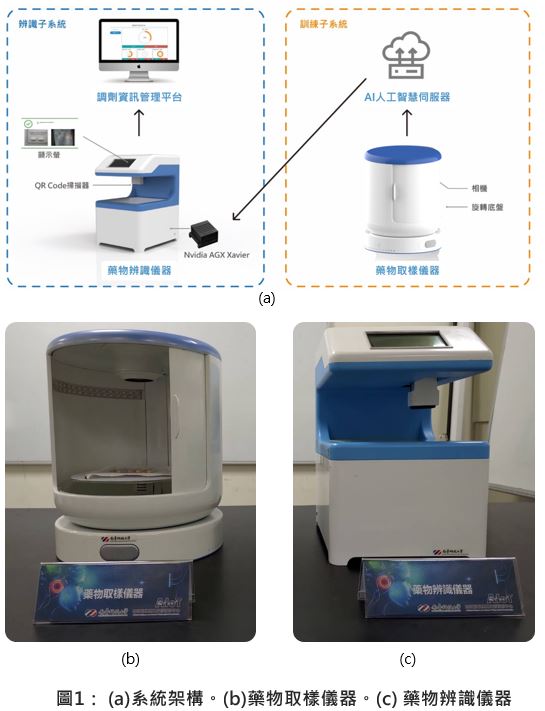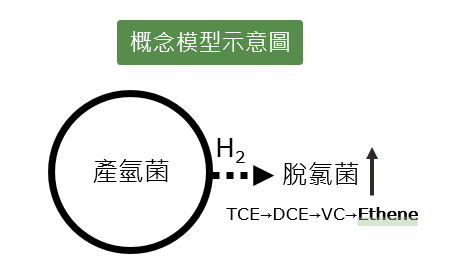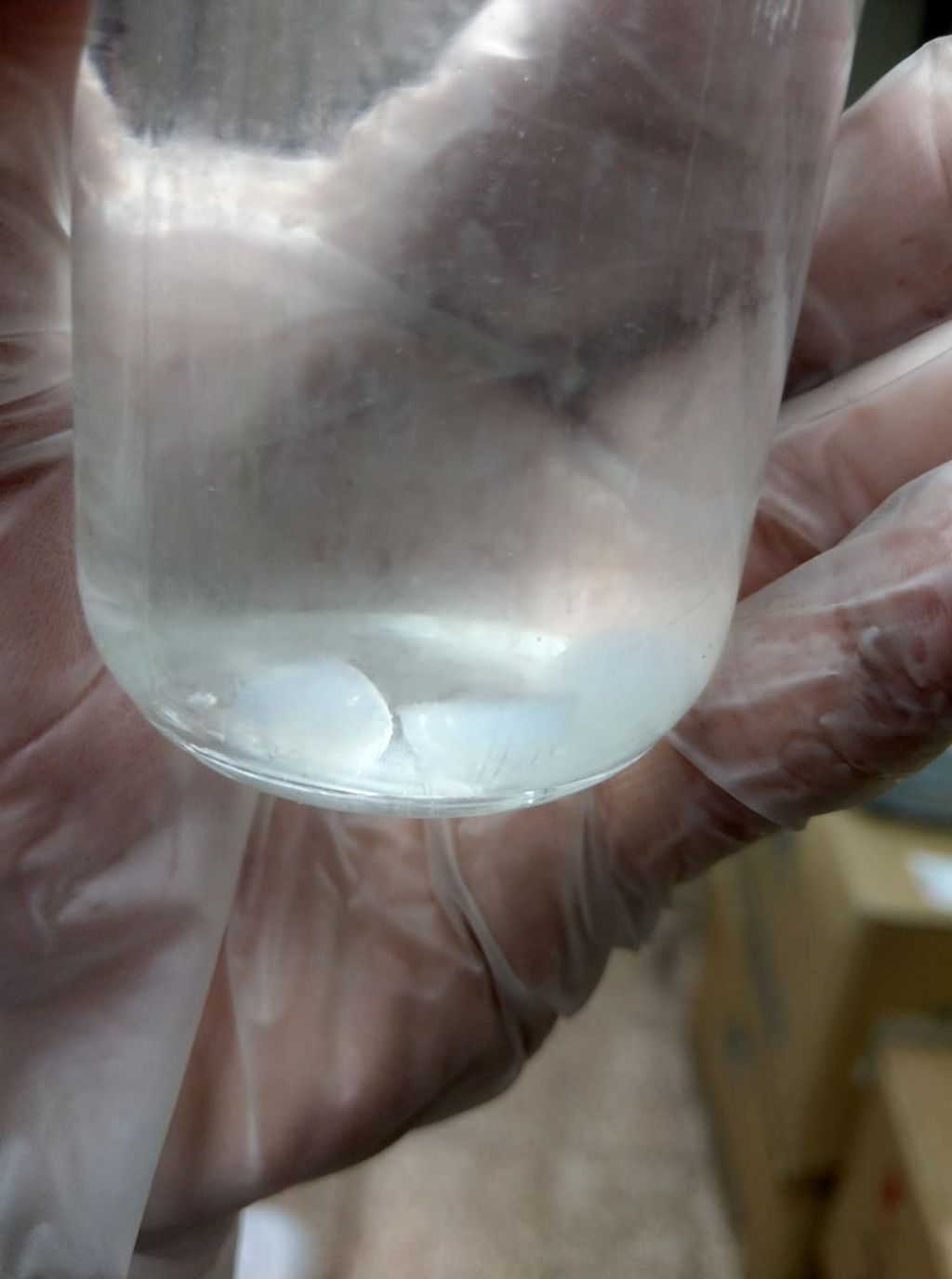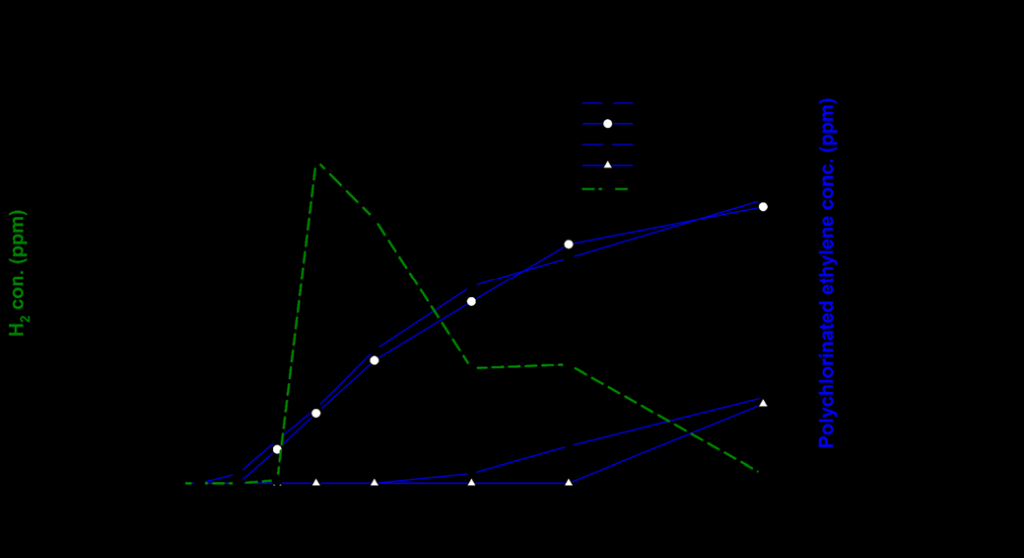| Technical Name | Application of hydrogen-producing bacteria to enhance reductive dechlorination efficiency of chlorine ethene | ||
|---|---|---|---|
| Project Operator | National Central University | ||
| Project Host | 陳師慶 | ||
| Summary | Polychloroethelyene is one of the primary sources of pollution, causing soil and groundwater pollution. In this study, hydrogen-producing strains were screened from existing groundwater, and several immobilized materials were compared by immobilization techniques to increase the stability of hydrogen-producing strains and hydrogen production. Activity and toxic tolerance to enhance the benefits of chlorine-containing organics. |
||
| Scientific Breakthrough | The immobilized hydrogen-producing bacteria can significantly increase the hydrogen. After the bio-stimulation of the emulsified oil and the bio-enhancement treatment of the immobilized hydrogen-producing bacteria, and ethylene production was measured on the 20th day. The immobilized hydrogen-producing bacteria had the best degradation efficiency and the ability to complete the dechlorination reaction to ethylene. |
||
| Industrial Applicability | The technology can enhance the effectiveness of dechlorination bacteria, and one of the essential factors affecting the growth of dechlorination bacteria is the demand for hydrogen. It will effectively reduce the cost of pharmaceutical injection during remediation, improve technical standards and shorten the construction period, and accelerate the promotion of bioremediation. |
||
| Keyword | Vinyl chloride Bioaugmentation Hydrogen producing bacteria Dechlorination bacteria Immobilized Trichloroethylene Dichloroethylene Ethylene Groundwater pollution Biological remediation | ||
- 1143btbt@gmail.com
other people also saw







